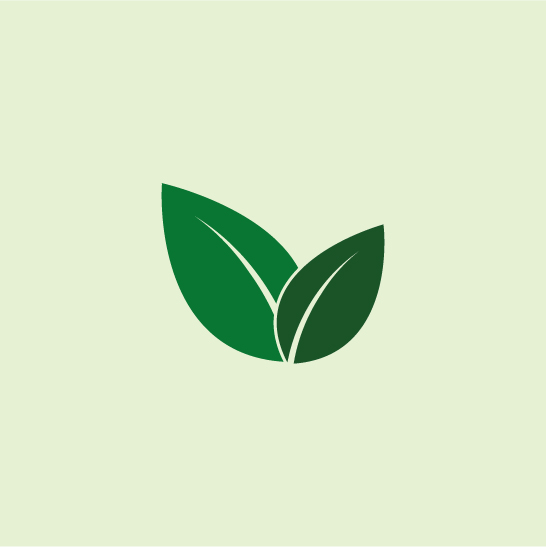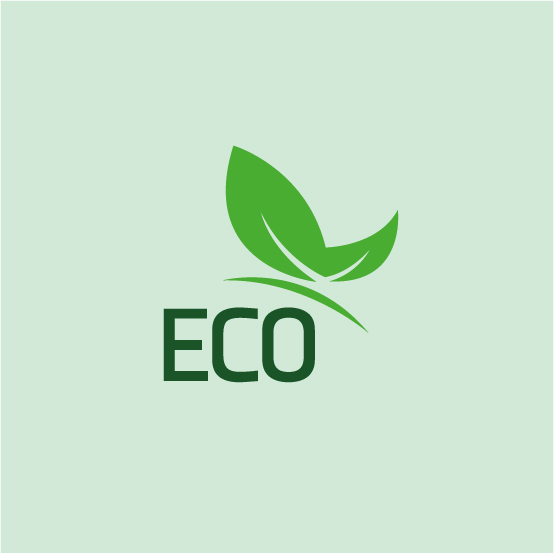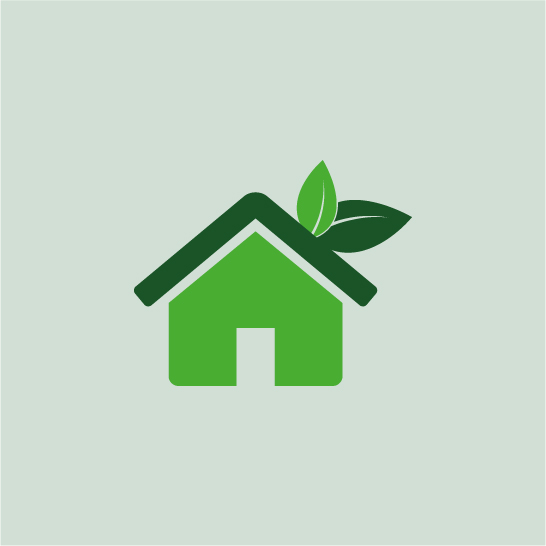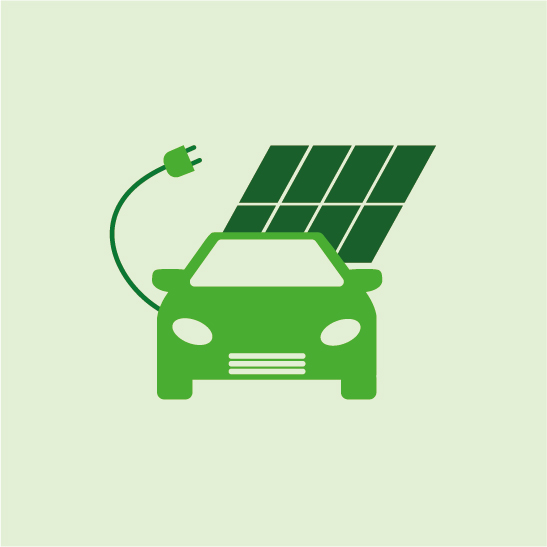Tergent’s environmental goals
Tergent wishes to take responsibility for the environment and reduce our impact on the climate. We will do this by continuously working to develop effective products with consideration for the environment and ensuring that Tergent and the whole chain works in a sustainable manner with the least impact on the climate as possible. To achieve this, Tergent has identified four focus areas and long-term goals for Tergent’s environmental work. We shall work actively towards these goals and they will be a common objective in all departments within our company. There will be annual reviews to follow up on the company’s environmental work and ability to meet set targets.

Focus areas and long-term goals
Reduce our impact on the climate
All Tergent’s production based in Sweden has already achieved zero carbon emissions and two thirds are run on renewable energy. And, in the near future, we want all our Swedish-based production to be run on 100% renewable energy. We are part of TMR (Growth, Environment and Regional Planning) and, through this, offset our footprint for all packaging we place on the market.


Place requirements on our suppliers, carriers etc.
Tergent is working to produce a Code of Conduct to be sent out in 2020. The aim of this Code of Conduct is to set out ethical, social and environmental guidelines for how we run our business as well the requirements we expect our suppliers, carriers etc. to comply with. This Code of Conduct concerns and affects all of our company’s activities. The aim is for Tergent’s Code of Conduct to be followed by all parties by 2021.
We will also regularly place requirements on our raw materials suppliers and packaging suppliers by demanding better alternatives seen from a sustainability and economic perspective. For example, more sustainable and smarter packaging alternatives or alternative raw materials which are better from an environmental and health perspective, but which still retain their effectiveness.
Develop sustainable products and maintain existing products
Tergent will actively work to develop and optimise existing products, making them more effective, sustainable and adapted even better to the customer’s needs. For example, by applying the principle of substitution, which means that substances that potentially present a risk to people’s health or the environment are replaced by substances that are less harmful. We will continuously demand better packaging alternatives seen from a sustainability and economic perspective. We will also work on standardising our packaging types wherever possible, i.e. reduce the number of packaging types and the number of packaging suppliers. In this way we can maintain our existing products and develop them into better products. We will also continue to work with the environmental labelling of our products by ensuring that they meet the criteria stipulated by, for example, KRAV or Nordic Swan.


Reduce our internal impact on the environment
Tergent works hard on the company’s internal environmental work; we consume environmentally-labelled and organic goods such as milk, coffee, bananas, office paper, paper towels etc. We sort waste into multi-compartment bins and use resource-saving waste management through Bintel. We are also developing our internal processes and reducing our high volumes of printed paper and paper consumption. We will continue to work at maintaining our internal impact on the climate as low as possible. For example, by prioritising telephone meetings over physical meetings. If telephone meetings are not possible, we will first choose train before car or plane.
Valuable steps to become a more environmentally conscious workplace
As part of our environmental work, Tergent has installed solar cells on our property that includes both offices and warehouses. The solar power system ensures that we have the opportunity to cover our entire energy needs, and in event of excess energy, this is distributed to the electricity grid. We always strive to integrate environmental aspects into all the business’s processes that contribute to sustainable development. Therefore, Tergent has also completely switched to electric cars or plug-in hybrids on our company cars. You have the opportunity to recharge these at the office’s installed charging stations, which are available to both employees and visitors. Other trips to and from work should, as far as possible, take place with the most environmentally friendly available alternative.


Recycle our packaging
Tergent has started a collaboration with the recycling app Bower, which will make our packaging recyclable in the future. Through the Bower app in your mobile, you can easily scan in our packaging to recycle at a recycling station near you. This is another step in Tergent’s environmental goals for a long-term sustainability work. We take great responsibility to follow up on our environmental work and make thoughtful improvements where we can make a difference.
For more information about Bower or to download the app, please visit: www.getbower.com